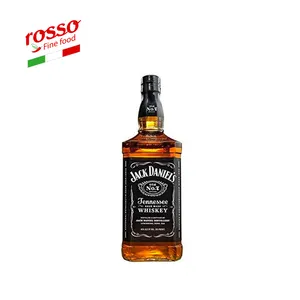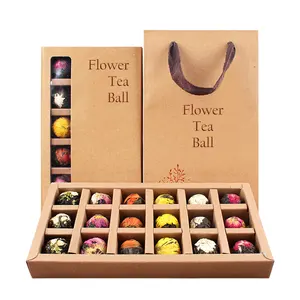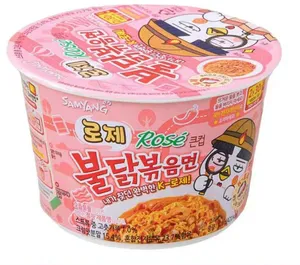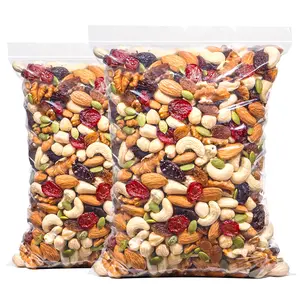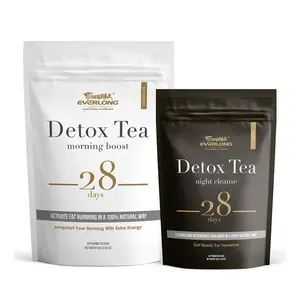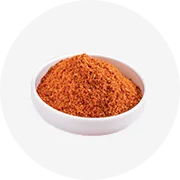Popular in your industry






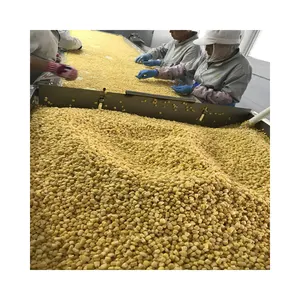






























































Related Searches:


















































































































































Top categories
About corn glucose
Introduction to Corn Glucose
Corn glucose, also known as glucose syrup derived from corn, is a sweetening agent widely utilized in the food and beverage industry. This syrup is produced by hydrolyzing corn starch, which involves breaking down the starch molecules into smaller components, resulting in a concentrated form of glucose. The versatility of corn glucose makes it a staple in various culinary applications, from confectionery to beverages and canned goods.
Types and Specifications
There are different types of corn glucose syrups available, categorized by their dextrose equivalent (DE) value. The DE value indicates the level of hydrolysis that the starch has undergone. For instance, glucose 42de is a common specification, offering a moderate level of sweetness and viscosity. Other variations, such as corn starch glucose, may have different textural properties and sweetness levels, catering to specific industry needs.
Applications in Industry
Corn sugar glucose serves as a key ingredient in the food industry, providing not only sweetness but also texture and volume. It is used in the production of candies, jams, jellies, and baked goods. Its role extends to the beverage industry, where it is used to sweeten sodas and juices. Additionally, corn glucose acts as a fermentation substrate in brewing, enhancing the alcohol production process.
Features and Advantages
The functional properties of corn glucose, such as high fermentability and hygroscopicity, make it beneficial for food preservation and texture enhancement. Its ability to inhibit crystallization is particularly valued in candy making. Moreover, corn glucose is often preferred for its stable pricing and consistent quality, which are crucial factors for large-scale production.
Material and Production Process
The primary material for producing corn glucose is corn starch, which undergoes enzymatic hydrolysis. This process transforms the starch into a syrup with varying glucose content. The production process is carefully controlled to ensure the removal of impurities and to achieve the desired consistency and sweetness level.
Environmental and Health Considerations
As consumer awareness grows, there is an increasing focus on the environmental and health impact of food ingredients. Corn glucose syrups are scrutinized for their source and production methods, with a growing preference for non-GMO corn sources. While corn glucose is safe for consumption, it is important for buyers to consider the dietary needs of their end consumers.
